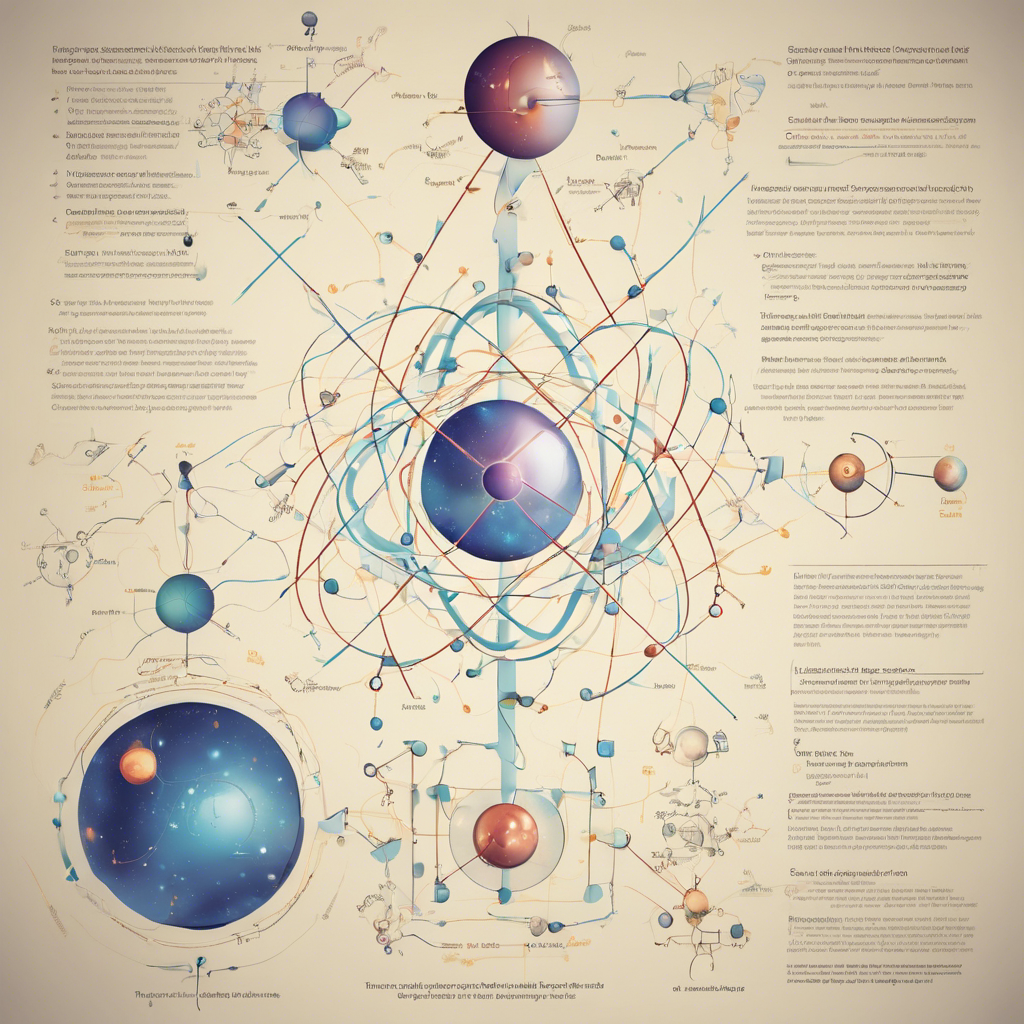Exploring the potential of quantum computing and its applications in cryptography, simulation, sensing, and more
In the realm of computing, a groundbreaking milestone known as quantum advantage is on the horizon. Quantum computing, which harnesses the peculiarities of quantum mechanics, has the potential to solve complex problems that are beyond the reach of classical computers. With the ability to leverage quantum bits, or qubits, which can exist in superposition and entangled states, quantum computers offer a new frontier in scientific and technological innovation. This article delves into the intricacies of quantum computing, its applications in various fields, and the challenges that lie ahead.
The Power of Quantum Computing: Superposition, Interference, and Entanglement
At the heart of quantum computing lies the qubit, a quantum bit that can exist in a superposition of 0 and 1. However, the true power of quantum computing stems from the interplay of superposition, interference, and entanglement. Interference allows for the manipulation of qubits to amplify correct solutions and suppress wrong answers through constructive and destructive interference. Quantum algorithms exploit these interference patterns to yield the correct answers to complex problems. Entanglement, on the other hand, establishes a unique correlation between qubits, enabling computational speed-ups that surpass classical computers.
Applications of Quantum Computing: Cryptography, Simulation, and Sensing
Quantum computing holds immense potential in various fields. In the realm of cryptography, quantum computers can pose both opportunities and challenges. They have the potential to crack current encryption algorithms, necessitating the development of post-quantum cryptography. Quantum simulation, a concept envisioned by physicist Richard Feynman, offers the ability to predict outcomes in the quantum realm, aiding advancements in chemistry and materials science. Quantum sensing, with its enhanced sensitivity and precision, finds applications in environmental monitoring, medical imaging, and more.
Bridging the Quantum and Classical Computing Worlds: The Quantum Internet
Initiatives such as the development of a quantum internet aim to bridge the gap between quantum and classical computing. A quantum internet would enable secure communication through quantum cryptographic protocols, such as quantum key distribution. This technology ensures ultra-secure communication channels that are protected against computational attacks, including those using quantum computers. The quantum internet holds promise for a new era of interconnected quantum computers, paving the way for further advancements in the field.
Overcoming Challenges: Decoherence and Quantum Errors
The field of quantum computing faces significant challenges in hardware and software development. Quantum computers are highly sensitive to environmental interactions, leading to decoherence, where qubits rapidly degrade. Overcoming decoherence and quantum errors is crucial for building large-scale quantum computing systems that deliver on the promise of quantum speed-ups. Efforts are underway to develop effective methods of suppressing and correcting quantum errors, with startups and established technology players investing in research and development.
Quantum Advantage on the Horizon: Early Signs and Ongoing Research
While the development of quantum computing technology has shown early signs of achieving specialized quantum advantage, there is also a risk of a “quantum winter” if practical results fail to materialize in the near term. Researchers have demonstrated quantum advantage in generating random numbers and random number guessing games. However, ongoing basic research, driven by passionate students and collaborations between academia and industry, ensures that the field continues to progress.
Conclusion:
Quantum computing represents a revolutionary leap in computing power and has the potential to disrupt industries and solve complex problems. The interplay between superposition, interference, and entanglement unlocks the power of quantum computing, enabling applications in cryptography, simulation, sensing, and more. Overcoming challenges such as decoherence and quantum errors is crucial for realizing the full potential of quantum computing. As the field advances, the quest for quantum advantage continues, with researchers and industry players working towards practical applications that will shape the future of computing.











